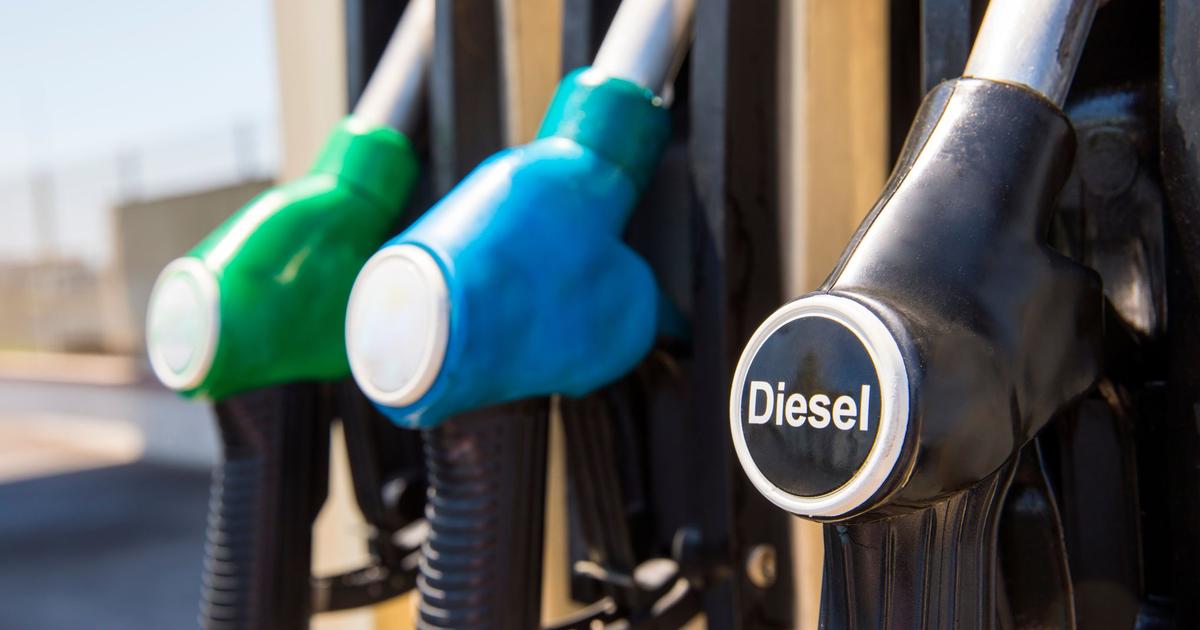CO2 bill: VW and Audi are spared EU penalties - but there is a stale aftertaste
Created: 01/25/2022, 08:34
By: Martin Prem
Volkswagen reports compliance with the fleet limit set for 2021.
© Francis Joseph Dean/Imago
German car manufacturers are pushing the traffic turnaround: After BMW, VW is also staying below the fleet limit specified by the EU.
But does this correspond to the actual emissions?
Munich – The surprising success of electric cars saves German automakers billions in fines.
The strong growth in electrified and fully electric vehicles has so far enabled BMW and VW to comply with the fleet limits set for them.
After BMW leaked on Friday that the CO2 targets for 2021 had been exceeded, the VW group followed suit:
With an average of 113 grams of CO2 per kilometer, the Volkswagen brand was six grams below the 119 gram mark. The Wolfsburg-based car manufacturer calculated 5.5 million grams (or 5.5 tons) of carbon dioxide savings over and above the target.
VW brand boss Ralf Brandstätter attributes the decline to strong growth in sales of electric cars in 2021.
106,000 cars with plug-in hybrid drive is an increase of 33 percent compared to 2020.
In the case of exclusively battery-electric vehicles, growth was even 97 percent to 263,000.
By 2030, VW plans to sell 70 percent pure electric cars in Europe.
In the USA and China it should be 50 percent.
VW, Audi and Co. will remain below the EU target in 2021 - a deterioration compared to the previous year
Group-wide, that means with the car brands Audi, Skoda, Seat (with Cupra) and Porsche (not counting Lamborghini and Bentley), Volkswagen remained well below the EU limits: an average of 118.5 grams of CO2 per vehicle and kilometer are, according to the group, two percent less than the EU would have allowed.
From a purely visual point of view, the values for 2021 are even worse than the number for 2020. At that time, the group even fell below the 100 gram mark with 99.9 grams.
However, at that time measurements were still based on the new European driving cycle (NEDC), which resulted in unrealistically low fuel consumption and emissions.
The more realistic WLTP cycle has been mandatory since 2021.
Therefore, the limit values were recalculated.
According to the old benchmark, fleet consumption should average 95 grams per kilometer.
This value has been adjusted upwards.
The EU sets its own limit for each manufacturer in order to take into account the differences between the fleets, for example in terms of vehicle weight.
By 2025, fleet emissions are to be reduced by a further 15 percent compared to 2021 and by as much as 35 percent from 2030.
It is quite clear that this can only be achieved in practice with a constantly disproportionately growing proportion of emission-free vehicles.
A few months ago, the EU presented a far-reaching plan to reduce CO2 emissions:
VW, Audi and Co. with deceptive packaging?
Emission calculation not quite clean
It is disputed whether the crediting of vehicles with electric motors reflects the actual emission behavior.
According to the criticism, electric vehicles are included more cleanly than they are based on the electricity mix.
And they are also statistically weighted disproportionately by so-called super credits, which depresses the fleet average.
Electric cars in the fleet mean that the overall statistics make petrol and diesel cars appear to have lower emissions than they actually are.
But these super credits are melting away year after year and will disappear from 2023.
It is still unclear how the other European automakers will fare.
There are no figures from Mercedes yet.
The manufacturer was just able to meet the values for 2020.
Sales of e-cars are picking up speed.
But BMW development director Frank Weber cannot imagine a complete end for combustion engines - for a good reason.














